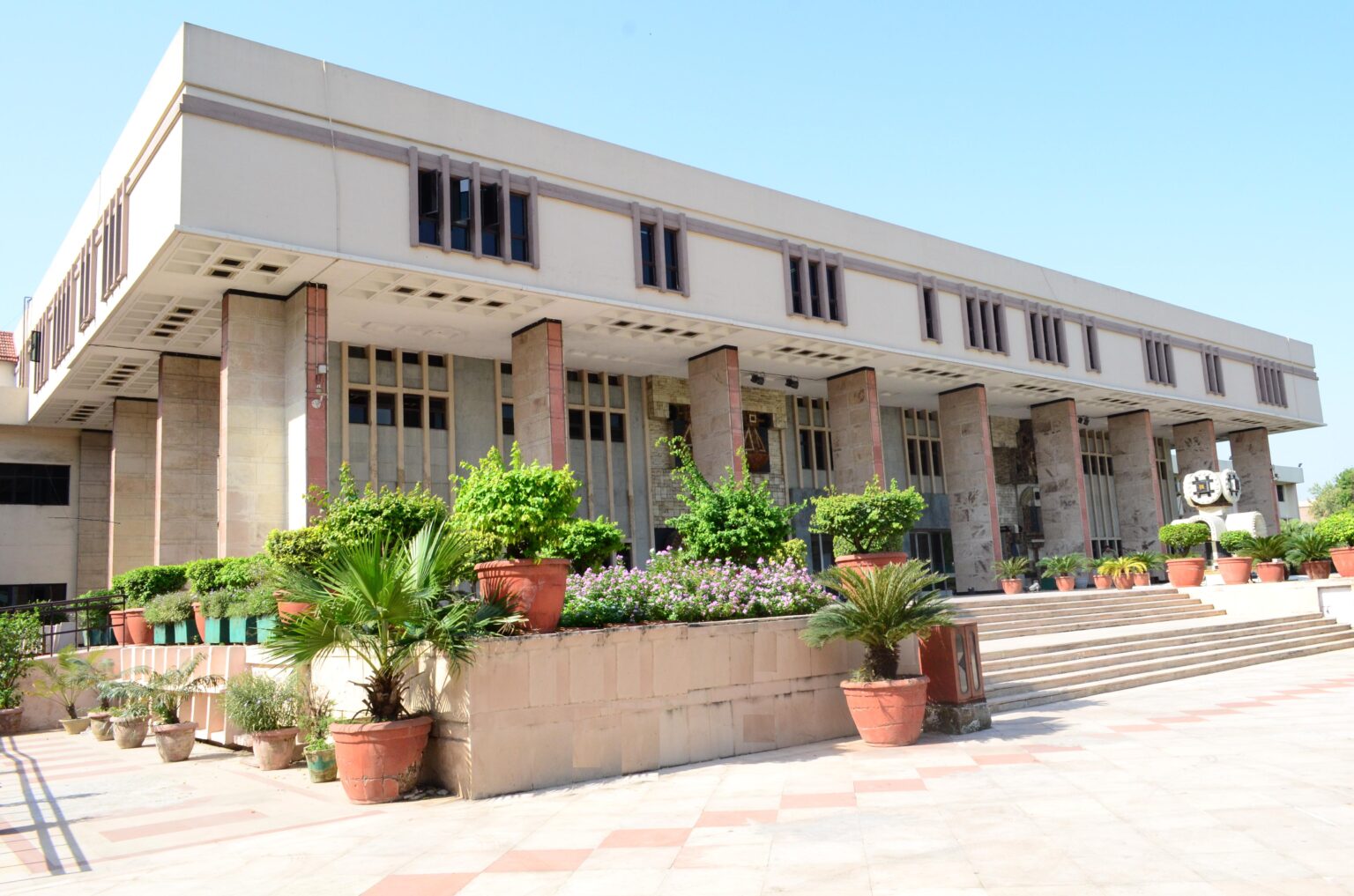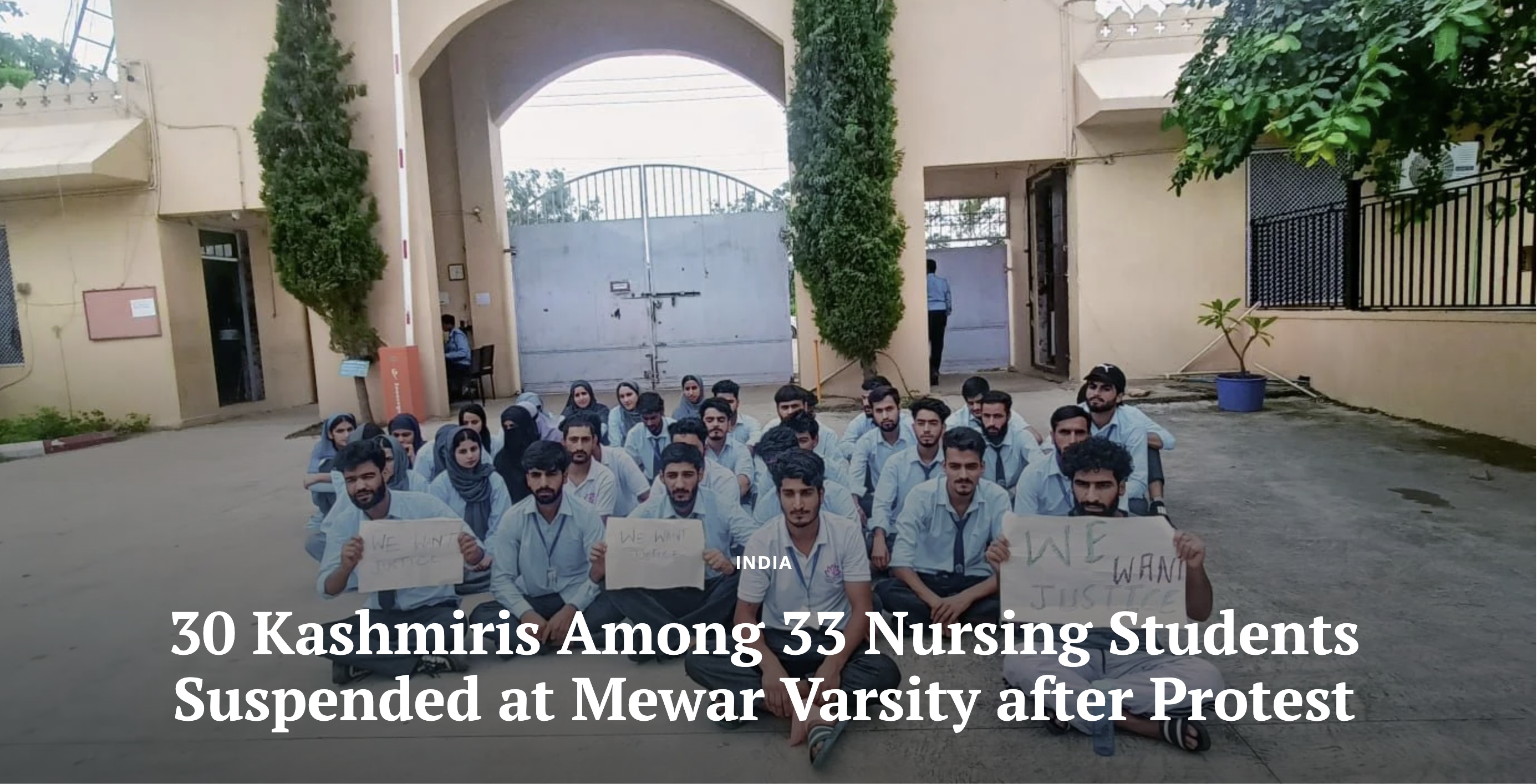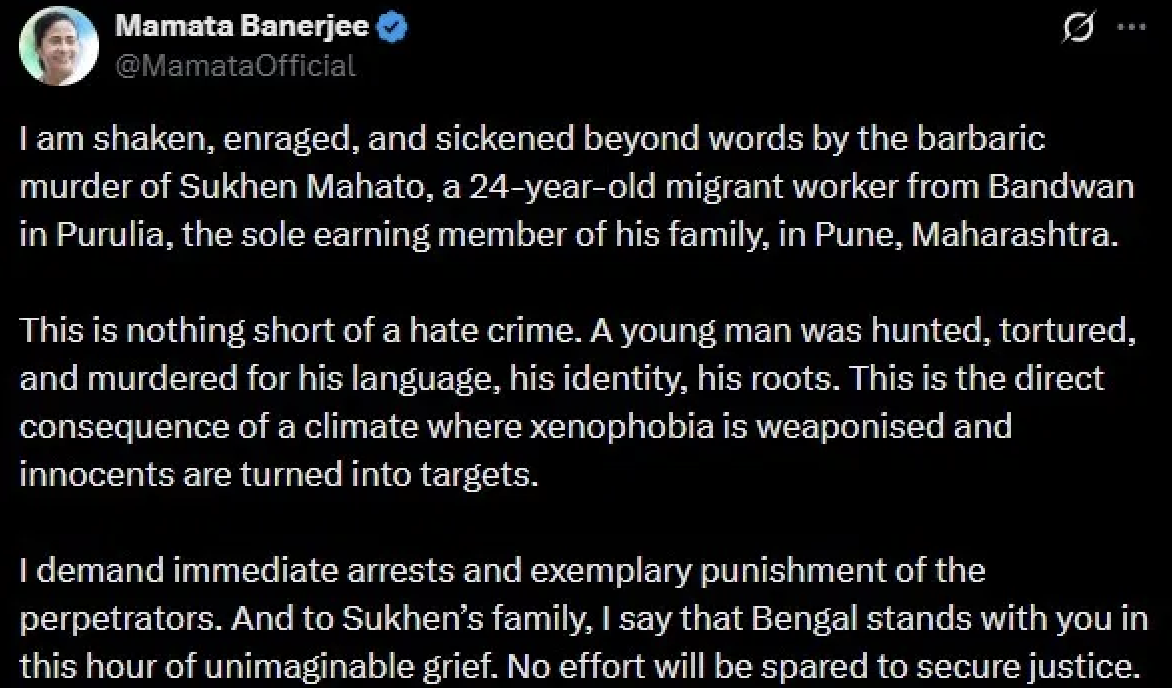Patna: The last few months have witnessed a tussle between the Bihar government and the Patna high court. While the state government seems hesitant, the Patna high court has made itself clear that the government has to construct a detention centre in the state.
In its order dated August 18, 2021, it asked the Bihar government a series of things, including the time, location and plan for the construction of a permanent detention centre.
While there is little information in the public domain on the number of foreigners living illegally in the state, the plan for a detention centre in the state seems to have been solidified. According to a source who has knowledge of the case, the Bihar government, in its affidavit submitted in response to a court order dated January 18, 2021, said that there are 38 undocumented “foreigners” living inside jails or remand homes in the state. Most, the state government reportedly said, are from Nepal.
The Patna high court has pressed the construction of a detention centre in a series of orders and specifically talked about the influx of “illegal migrants” from Bangladesh.
The order further asks the government to list efforts undertaken on “illegal foreigners” and strategy to make residents of the state aware of it, suggesting the use of digital and print media. The court also asked the government to develop a mechanism to inform the local population about avenues to complain against and give information about “foreigners living illegally” in the state.
The order was delivered by the Chief Justice of Patna high court, Justice Sanjay Karol and Justice S. Kumar.
However, at the root of this is a petition filed by a woman.
The original petition
The petition, filed by Upendra Kumar Singh as a habeas corpus writ in October 2020 was on behalf of a Bangladeshi woman living at a remand home in Patna. He was described in the recent high court order as the “best friend of the petitioner,” and said that the woman wished to rehabilitate herself and leave the remand home.
According to the petition, which The Wire has seen, the woman (25 years old in 2020) was arrested by Government Railway Police (GRP) at Patna station while being trafficked to Mumbai.
According to the petition, she travelled to India on October 6, 2015 and was arrested on October 10, 2015. Another person, aware of this case, said she was fleeing an abusive household when she became a victim of human trafficking.
She has, since then, been at Nari Niketan in Patna.
Upendra Kumar Singh told The Wire, “There were two Bangladeshi women in the remand home, whose case was taken up by the court. While the other women wanted to return, this woman wanted to stay here. I said this in the court but was told that if she would have been a Hindu, this could have been a possibility but since she is a Muslim, we will have to deport her”.

The Nari Niketan remand home in Patna. Photo: Neel Madhav
Upon being asked how he got to know about them, he said, “I was representing a few women from the remand home. One day I went to get a vakalatnama signed for a case. It was then that an employee at the house told me about these women from Bangladesh and requested me to help them out.”
Upendra Kumar Singh, in the petition, says that the women were trapped in the remand home for five years. “Those two women were illegally kept there. No criminal charges were pursued against them, nor did they have any criminal history. If they are here illegally, they should have been put on trial as per the Foreigners Act, which also didn’t happen,” he told The Wire.
The high court sought representations from various parties on this and later asked the government to deport them. According to the attached receipts of confirmation linked in an order dated July 22, 2021, the two women were deported back to Bangladesh.
Singh, as the lawyer of the petitioner, says that the case has closed with their deportation and there are no proceedings happening.
On the contrary, however, the case is still on.
Ongoing hearings
Harshit Anand, an advocate at Calcutta high court, said, “Ideally, a legal proceeding should come to a halt as soon as the subject matter of such proceeding is exhausted. In this case, the writ petition ought to have been disposed of as soon as deportation took place, as the fate of all concerned persons was decided.”
According to the order dated December 11, 2020, Ashish Giri was appointed as the amicus curiae to assist in this case. He has been practising law in the state for a decade and is the son of Yadu Vansh Giri, a leading lawyer.
Giri, on being asked about why the case is still going on, told The Wire, “The court wants the government to build a detention centre so that all illegal migrants can be kept there and not in jails or remand homes, and then deported.”
Aman Wadud, a Fulbright scholar at the University of Texas is a human rights lawyer and has worked extensively with people who are at risk of losing their citizenship in Assam. He said that the order is sensationalising a non-existent issue. “When courts are already heavily burdened with cases, which mostly need urgent adjudication, the court is dragging an infructuous matter. This sets a very bad precedent,” Wadud said.
The petition also mentions that Upendra Kumar Singh was abused at the behest of Vandana Gupta, the head of the remand home, and that her bodyguards pushed him. The Wire reached out to Vandana Gupta, but she refused to speak to this reporter.
The high court, in its order dated April 7, 2021, constituted a three-lawyer committee of Ritika Rani, Anukriti Jaipuriyar and Nikhil Agrawal to look after how women are being kept in the remand home. The committee had to meet the women without the presence of any officials and submit the report in a sealed cover within a week. According to the high court order of April 26, 2021, the committee found that resident women did not report any grievances against the remand home.
Ritika Rani, one of the members of the committee is a Patna-based lawyer, refused to speak, saying that the matter is sub judice. Nikhil Agrawal, another member of the committee, explained, “We were asked to go and see the situation of the women living there and we did that. We talked to those women and submitted our report to the court.”
Anukriti Jaipuriyar, the third of the members, confirmed that the petitioner – the woman from Bangladesh – did not wish to be deported. She said, “In an attempt to get away from domestic abuse, she fell into a human trafficking trap and was to be sold off in Mumbai. She did not want to get back to the same environment, and instead wished to be rehabilitated.” When asked if this can be construed as a case of seeking amnesty, she agreed.
This Article first appeared on The wire






